we would like to announce our next "LAP-Life after PhD" seminar which will take place on July, 21 at 4:30 p.m. as an online seminar.
Our speaker will be Dr. Claudia Reschke, a former „Personal Assistant to the Scientific Director of DKFZ“ and now „Adviser Helmholtz Information & Data Science Academy (HIDA)“, the Helmholtz Information and Data Science Academy. She will talk about both her career path from her PhD to Science Management and the activities of the HIDA which offers extensive training in Information and Data Science to doctoral researchers and postdocs.
Date: July, 21st
Time: 4:30 p.m.
Venue: Zoom
Room and password upon reasonable request (contact: compcancer at charite dot de). You will find regular updates at https://www.regulatory-genome.hu-berlin.de/en/events/lectures/lap-series.
